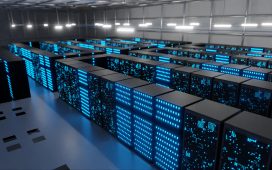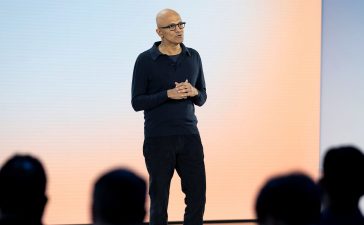In a post on his personal blog, OpenAI CEO Sam Altman said that he believes OpenAI “know[s] how to build [artificial general intelligence]” as it has traditionally understood it — and is beginning to turn its aim to “superintelligence.”
“We love our current products, but we are here for the glorious future,” Altman wrote in the post, which was published late Sunday evening. “Superintelligent tools could massively accelerate scientific discovery and innovation well beyond what we are capable of doing on our own, and in turn massively increase abundance and prosperity.”
AGI, or artificial general intelligence, is a nebulous term. But OpenAI has its own definition: “highly autonomous systems that outperform humans at most economically valuable work.” OpenAI and Microsoft, the startup’s close collaborator and investor, also have a definition of AGI: AI systems that can generate at least $100 billion in profits. (When OpenAI achieves this, Microsoft will lose access to its technology, per an agreement between the two companies.)
So which definition might Altman be referring to? He doesn’t say explicitly. But the former seems likeliest. In the post, Altman wrote that he thinks AI agents — AI models that can perform certain tasks autonomously — may “join the workforce” and “materially change the output of companies.”
“We continue to believe that iteratively putting great tools in the hands of people leads to great, broadly-distributed outcomes,” wrote Altman.
That’s possible. But it’s also true that today’s AI technology has significant technical limitations. It hallucinates. It makes mistakes obvious to any human. Altman seems confident this can be overcome — and rather quickly — but if there’s anything we’ve learned about AI over the past few years, it’s that timelines can be unpredictable.











